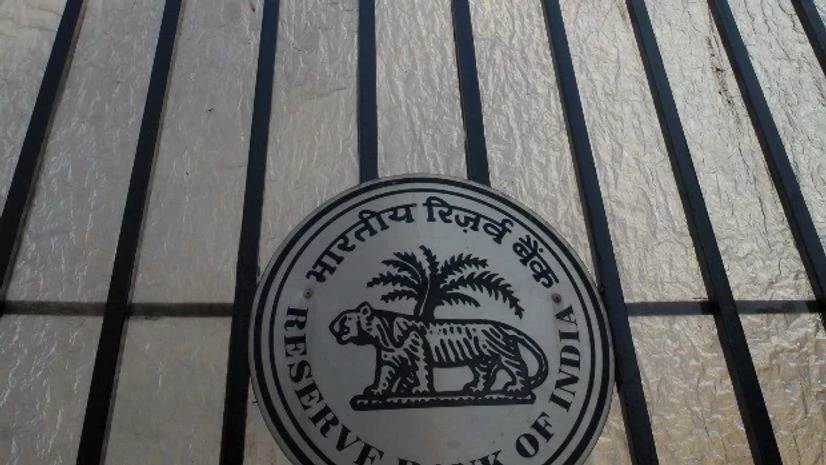The Reserve Bank of India (RBI) on Thursday came up with a discussion paper on peer-to-peer lending (P2P), seeking to regulate the fast emerging crowdfunding platforms as the new financing model has assumed importance too significant to be ignored.
Interestingly, the platform owners and investors welcomed the development as regulation gives RBI’s stamp of approval to a business that is completely banned in countries like Japan and Israel.
Read more from our special coverage on "RBI"
“Any space where money changes hand should be regulated. Regulation is good for the industry, but it should be light regulation” said Mohandas Pai, former board member of Infosys and investor in Faircent.com, a P2P lending platform. “Regulation will help us in our business and we can approach the court of law as legal entities for our needs and even for recovery,” said Bhavin Patel, co-founder of LenDen Club, a P2P platform.
In fact, RBI itself is aware of this and sounded a little hesitant in giving this recognition to the business model. But the central bank officials, including Governor Raghuram Rajan, have said the RBI cannot remain indifferent to new innovation in financing activities and growth in P2P sector. To allow regulation, RBI’s discussion paper said the platforms should adopt a company structure that can then be regulated by the central bank. Currently, the P2P platforms are run by individuals, proprietorship, partnership or limited liability partnerships — areas outside RBI’s jurisdiction. The P2P platforms are largely technology companies registered under the Companies Act and acting as an aggregator for lenders and borrowers thereby, helping create a match between them.
“Although nascent in India and not significant in value yet, the potential benefits P2P lending promises to various stakeholders (to the borrowers, lenders, agencies etc.) and its associated risks to the financial system are too important to be ignored,” RBI said.
Presently, there are around 30 start-up P2P lending companies in India, RBI said. Globally, the cumulative lending through P2P platforms at the end of fourth quarter of 2015 reached £4.4 billion, from just £2.2 million in 2012. While banned in some countries, in some other jurisdictions, the P2P platforms are either considered part of banking, or are intermediaries.
RBI’s own discussion paper favoured the platforms to act as intermediaries, to be registered as non-banking finance companies with a minimum capital of Rs 2 crore, so that promoters have “skin in the game”. The discussion paper also sought to curtail the freedom of these companies significantly and said funds raised through the platforms should go directly from the lenders’ bank account to the borrowers’.
P2P LENDING BUSINESS
-
The business size globally is £4.4 billion but nascent in India
-
Completely banned in Israel and Japan but allowed elsewhere
-
RBI plans to treat it as intermediary NBFC
-
Minimum capital requirement is Rs 2 crore
-
Should not take deposits
-
Cannot show lending and borrowing funds in its balance sheet
-
Money should go directly from lender to borrower
-
Can only take fees, provide creditworthiness info
-
Should not provide cross-border transactions
- Management should be stationed in India

)
